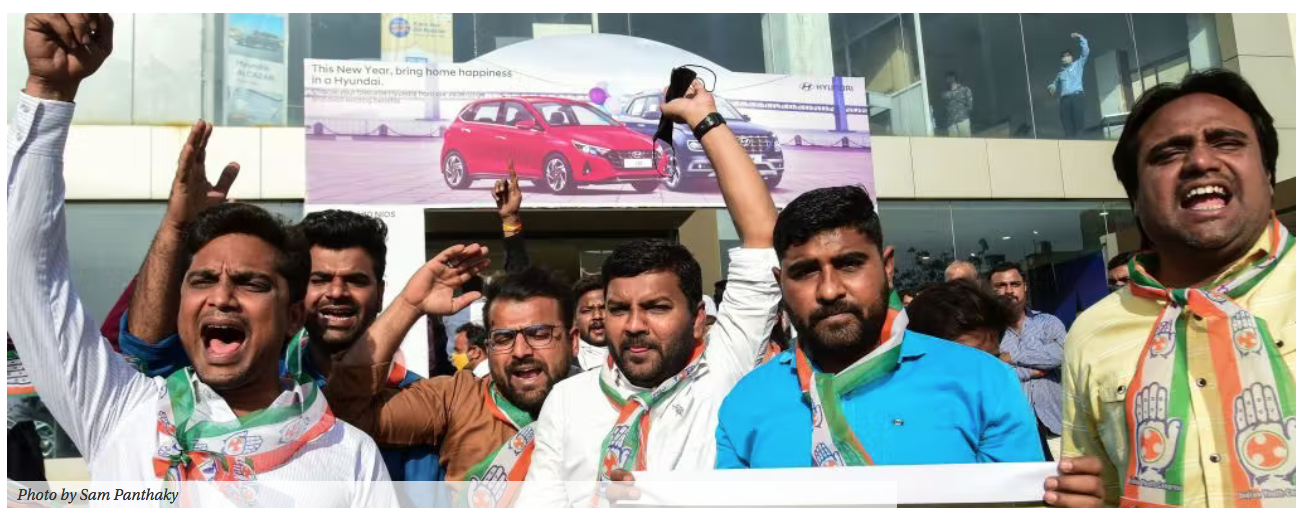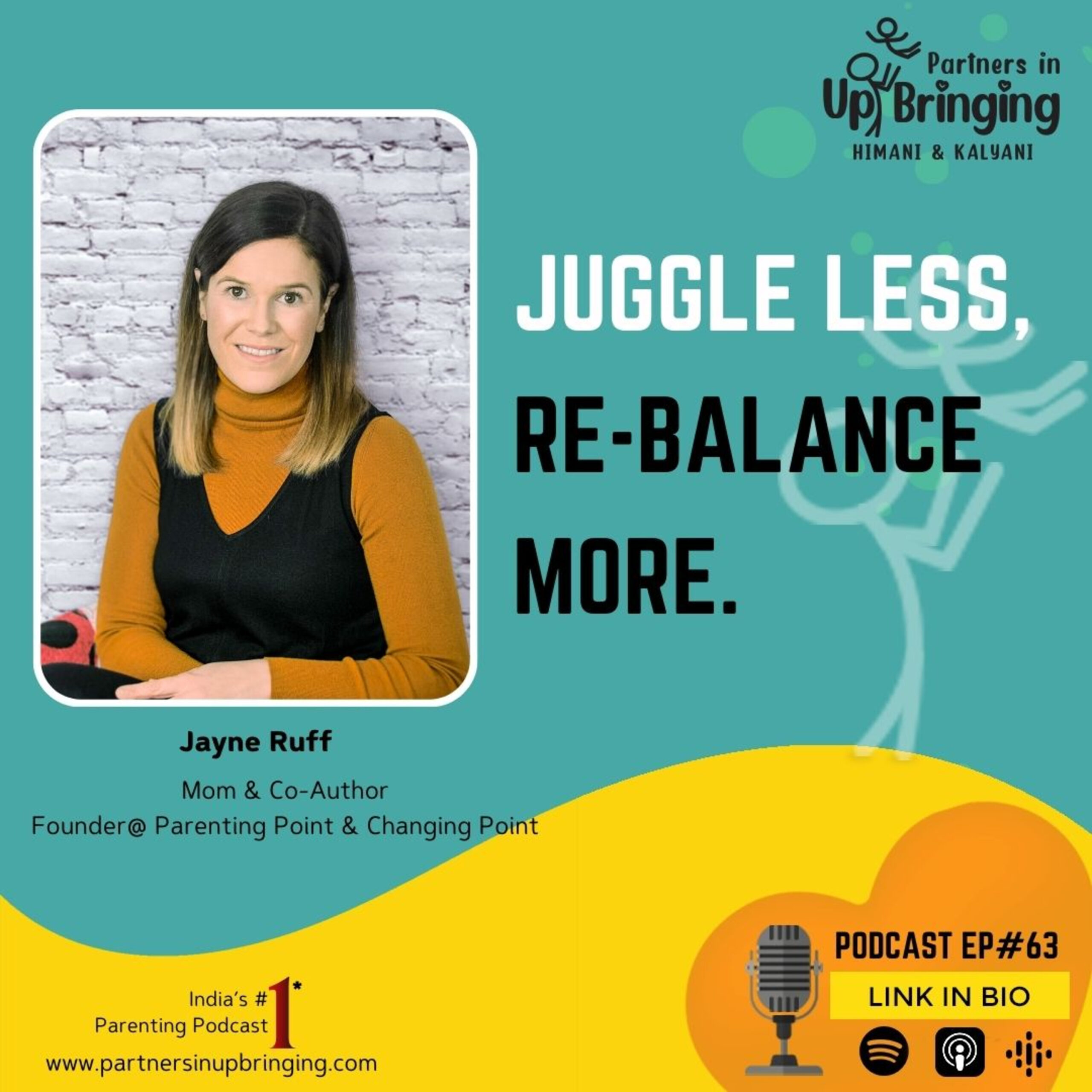By Hardeep Singh Photo: Sam Panthaky
Original article Stay in your lane | Hardeep Singh | The Critic Magazine
Some corporates have an established track record of acting as if they were Harvard educated foreign policy analysts. Take Ben & Jerry’s recent tweet about Biden’s military response to Russian brinkmanship. Indeed it’s a fascinating opinion — but do consumers really want to hear political views from people who flog them ice-creams, sorbets and cookie dough chunks?
Hyundai waded into a seventy-five-year-old ethno-religious conflict
Last year the American ice-cream maker made headlines when it chose to stop selling products in the West Bank and Gaza. But rather than boost shareholder value or generate goodwill, corporate activism can open a can of worms. Last week, the Hyundai Pakistan handle @PakistanHyundai, published an absurd tweet which resulted in denunciations and outpourings of online outrage in neighbouring India. They posted, “Let us remember the sacrifices of our Kashmiri brothers and stand in support as they continue to struggle for freedom”, tagged #HyundaiPakistan and #KashmirSolidarityDay. The tweet, which is nothing short of supporting the disintegration of the state of Jammu and Kashmir from India, has been met with unbridled anger, so much so that #BoycottHyundai trended on Twitter.
Pro-Pakistan Jihadist groups operating in Indian administered Kashmir aiming to usurp the territory from the “infidel”, would probably find the tweet acceptable. But anyone with even a smidgen of insight into the history of Kashmir, knows this territorial dispute is highly complicated and older than Hyundai itself (founded in 1967). Wading ignorantly a seventy-five-year-old ethno-religious conflict, one which has triggered three wars between India and Pakistan, is not only foolish but could prove disastrous for the South Korean car giant. One Twitter user said, “Cars Sold by Hyundai Motors in 2021 India — 505,000. Pakistan — 8000. Yet @Hyundai_Global chose to needle India via its Pakistani Handle. Either they are very stupid and lack business sense or they have hired a very incompetent PR team which led to #BoycottHyundai disaster.”
It’s difficult to argue with the sentiment expressed — the tweet was idiotic. Another said, “this will have very serious consequences for their business and brand in India”. Hyundai India was forced to issue a grovelling statement, just short of an apology: “the unsolicited social media post linking Hyundai Motor India is offending our unparalleled commitment and service to this great country. India is second home to the Hyundai brand and we have zero tolerance policy towards insensitive communication and we strongly condemn any such view.” The sorry saga snowballed into a diplomatic issue between South Korea and India. India’s external affairs minister S Jaishankar, and South Korea’s foreign minister Chung Eui-yong, spoke to “clear the air on the issue and contain the fallout”, as reported in the Hindustan Times. Eui-yong said his country “regretted the offence caused to the people of India”.
Despite the gratuitous virtue signalling, Amazon was later berated
In a move to further distance itself from the dealership in Pakistan who published the offending tweet, Hyundai’s parent company, Hyundai Motor, issued a second statement in which they said the company “does not comment on political or religious issues”, and “deeply” regrets offence caused to Indians. All of this doesn’t bode well for Hyundai, but will no doubt be good news for its rivals. A few other companies have also since come under fire following the unearthing of historical #KashmirSolidarityDay social media posts too. There are, forgive the cliché, some important lessons to be learned from this debacle — leaving politics to the politicians, might be the most obvious.
However, it’s clear that contemporary corporate activism on political and social issues can appeal to the liberal consumer mindset and have advantages for the brand image of organisations with a segment of their customers. But with reward comes risk. When Amazon openly supported Black Lives Matters (BLM) and police reform, it was a bold statement about how it perceived itself (rightly or wrongly), in relation to the drive against racial inequality and push for social justice. Amazon’s CEO Jeff Bezos even posted an email on Instagram from a disgruntled customer opposing the company’s support of BLM, along with his response: “you’re the kind of customer I’m happy to lose”. Despite the gratuitous virtue signalling on display, Amazon was later berated and accused of acting hypocritically, given it had entered commercial partnerships with police forces across the U.S.
Professor Tom C.W. Lin, of Temple University Beasley School of Law is author of a new book: The Capitalist and the Activist: Corporate Social Activism and the New Business of Change. On the Hyundai Kashmir tweet controversy, he told me:
“This episode highlights the fact that businesses today, particularly large global ones, must be sensitive to other audiences and stakeholders besides their own shareholders. Engaging in corporate social activism can bring out positive brand awareness on some issues with some stakeholders, at the same time it can cause serious damage and reputational harm as well. It would be wise for large businesses to have a clear firm-wide strategy on corporate social activism and related communications to avoid this type of controversy.”
Professor Lin is of course right, but the longer-term impact of Hyundai’s totally avoidable and risible public relations disaster in India remains to be seen. Car companies should stick to what they do best — making and selling cars.
-------------------------------










